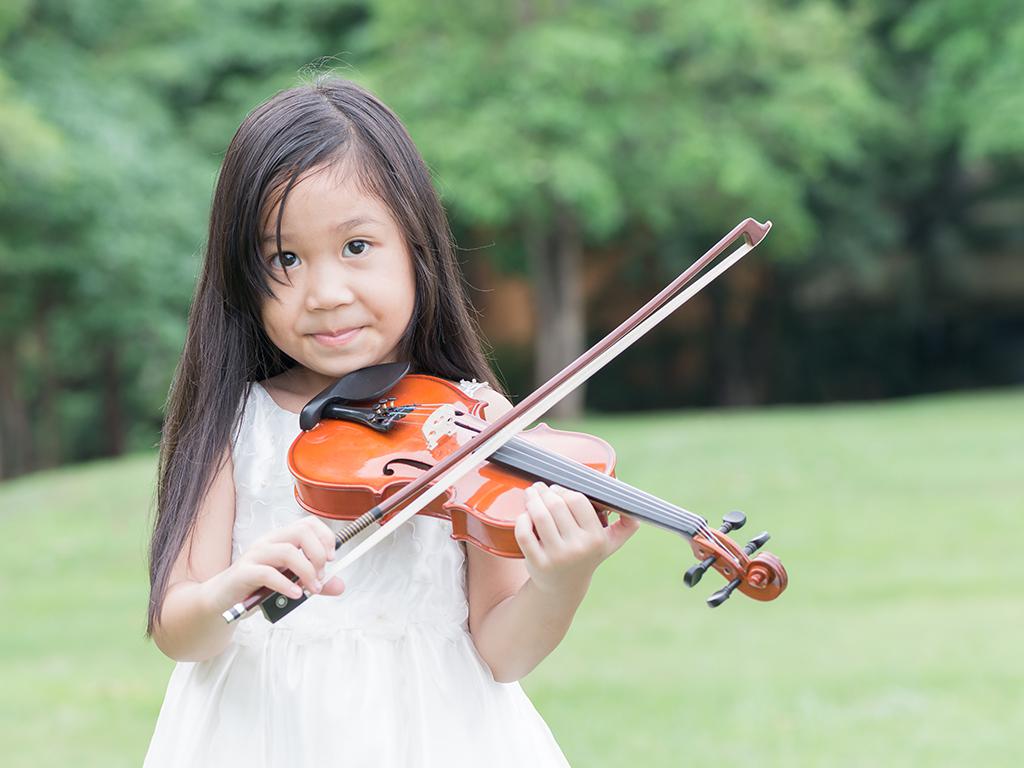The Parent’s Role in Music Lessons: Fostering Discipline, Determination, and Enhance Focus Introduction A parents role in music lessons can be a transformative experience for children, offering them a unique opportunity to explore their creativity, develop their cognitive skills, and acquire a lifelong passion. However, the success of a child’s musical journey often depends...
Music LessonsMusic Lessons For KidsPractice TipsThe Parent’s Role in Music Lessons

The Parent’s Role in Music Lessons:
Fostering Discipline, Determination, and Enhance Focus

Introduction
A parents role in music lessons can be a transformative experience for children, offering them a unique opportunity to explore their creativity, develop their cognitive skills, and acquire a lifelong passion. However, the success of a child’s musical journey often depends on the active involvement of parents.
In this blog, we will explore the critical role parents play in music education, with a focus on how they can help with practice, instill discipline, determination, and enhance focus during music lessons.
Encouraging Practice

Children are not born with discipline. Regular practice is the cornerstone of progress in music lessons. Parents can provide vital support by creating an environment that encourages and facilitates practice:
Designate a Practice Space: Set up a designated practice area in your home where your child can concentrate without distractions. Ensure the space is well-lit and free from unnecessary noise.
Establish a Routine: Schedule consistent practice times that fit into your child’s daily routine. A predictable schedule helps them develop good practice habits.
Celebrate Achievements: Acknowledge your child’s progress, no matter how small. Positive reinforcement can boost their motivation and make practice more enjoyable.
Set Realistic Goals: Work with your child and their music teacher to set achievable goals for practice. Having clear objectives can make practice sessions more purposeful.
Instilling Discipline

Discipline is essential for music education. It helps children develop patience, perseverance, and self-control. Parents can foster discipline by:
Setting Expectations: Clearly communicate your expectations for practice and behavior during lessons. Children should understand the importance of commitment. Practice should be goal oriented. For example: Let’s play the first line 2x in a row without stopping or hesitating.
Teaching Time Management: Help your child learn how to manage their time effectively, balancing schoolwork, extracurricular activities, and music practice. It really does help to have practice time consistent and at the same time.
Encouraging Responsibility: Encourage your child to take ownership of their practice routine. They should learn to plan their practice sessions and assess their own progress. A great idea would be to have them follow a schedule with an app, or hardcopy scheduler.
Cultivating Determination

Determination is the driving force behind any significant achievement in music. Parents can play a pivotal role in cultivating determination by:
Offering Emotional Support: Remind your child that challenges are part of every learning process. Encourage them to persevere through difficult passages or techniques and break learning down in bit sized sessions.
Celebrate Milestones: When your child reaches a significant milestone, such as mastering a difficult piece, or achieving a set-out goal, celebrate their achievement. This can fuel their determination.
Expose Them to Role Models: Share stories of accomplished musicians who faced challenges but persevered. Attending your music school’s recitals is also a great idea. Everyone was once where you are now. These examples can inspire determination in your child.
Enhancing Focus
Concentration and focus are essential skills in music, and parents can help their children improve in these areas by:
Minimizing Distractions: During practice, create a distraction-free zone. Turn off electronic devices and ensure the practice space is conducive to focus. (NO cell phones, iPads, video games playing, TV on in the background…).
Teaching Mindfulness: Introduce mindfulness techniques to help your child stay present during practice. Breathing exercises and visualization can aid in maintaining focus. Consult your instructor for suggestions to help you during the week.
Regular Listening Sessions: Encourage your child to listen to a variety of music genres, fostering an appreciation for different styles of music and enhancing their ability to focus on intricate details.
Conclusion
Parents are indispensable in the role of their children’s music education. By providing a supportive and structured environment for practice, instilling discipline, nurturing determination, and enhancing focus, parents can help their children thrive in their musical journey. As a result, children will not only excel in music lessons but also acquire valuable life skills that will serve them well in various aspects of their lives. So, remember, as a parent, you have a unique opportunity to be an instrumental part of your child’s musical success.

